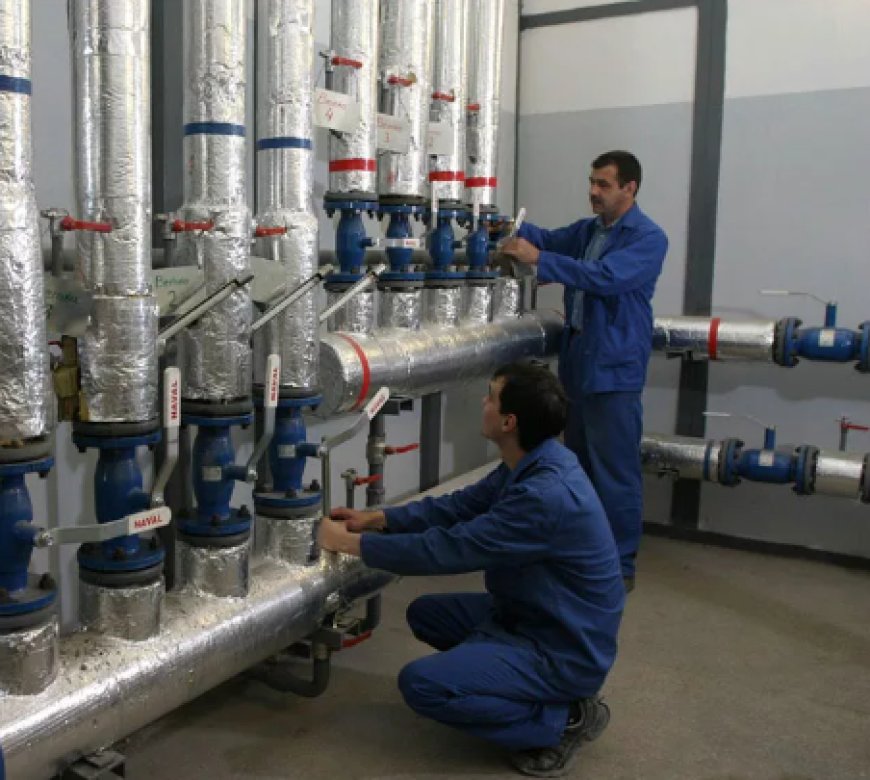Industrial Oil Buying Guide: How to Choose the Right Type for Your Needs

Choosing the right industrial oil is crucial for ensuring the efficiency, longevity, and optimal performance of your machinery. With so many options available, selecting the best oil for your specific needs can be overwhelming. This guide will help you understand the key factors to consider when purchasing industrial oil, ensuring you make an informed decision.
1. Understand Your Machinery Requirements
Different machines have varying lubrication needs based on their design, operating conditions, and load capacity. Always refer to the manufacturer’s recommendations for:
-
Viscosity grade – Determines the oil’s flow at different temperatures.
-
Additive packages – Anti-wear, anti-corrosion, and detergents enhance performance.
-
Base oil type – Mineral, synthetic, or semi-synthetic oils offer different benefits.
2. Consider the Operating Environment
The conditions under which your machinery operates play a significant role in oil selection. Factors to consider include:
-
Temperature extremes – High temperatures require oils with better thermal stability, while low temperatures need oils with good flow properties.
-
Exposure to contaminants – Dust, water, or chemicals may demand oils with superior filtration and resistance to degradation.
-
Heavy loads & pressure – Hydraulic systems or gearboxes may need high-pressure-resistant oils.
3. Choose the Right Oil Type
Here are the most common types of industrial oils and their applications:
Hydraulic Oil
-
Used in hydraulic systems to transmit power.
-
Requires high anti-wear properties and thermal stability.
Gear Oil
-
Designed for gearboxes and heavy-duty transmissions.
-
High viscosity and extreme pressure (EP) additives prevent wear.
Compressor Oil
-
Lubricates air compressors to prevent overheating.
-
Low carbon buildup and oxidation resistance are essential.
Turbine Oil
-
Used in turbines and high-speed machinery.
-
Excellent oxidation stability and water separation properties.
Circulating Oil
-
Ideal for systems requiring continuous lubrication.
-
Good thermal conductivity and anti-foaming properties.
4. Check Industry Standards & Certifications
Ensure the oil meets industry standards such as:
-
ISO viscosity grades
-
API (American Petroleum Institute) classifications
-
OEM (Original Equipment Manufacturer) approvals
5. Evaluate Cost vs. Performance
While budget is important, opting for cheaper, low-quality oils can lead to:
-
Increased wear and tear
-
Higher maintenance costs
-
Reduced equipment lifespan
Investing in high-performance lubricants ensures long-term savings by minimizing downtime and repairs.
6. Partner with a Trusted Supplier
A reliable supplier will offer:
-
Technical support for oil selection
-
Consistent product quality
-
Customized solutions for specific industrial needs
Conclusion
Selecting the right industrial oil is essential for maximizing machinery efficiency and lifespan. By understanding your equipment’s requirements, operating conditions, and industry standards, you can make an informed choice that enhances performance and reduces costs.
For premium-quality industrial lubricants tailored to your needs, trust Nescol Lubricants—your partner in reliable and high-performance lubrication solutions.












































































